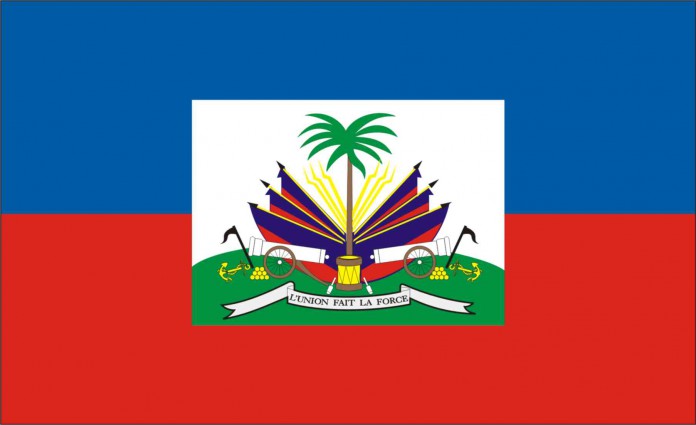Emma Daugherty
Writer
The recent cholera outbreak in Haiti has stretched the medical resources of the small country to the breaking point. On Friday, November 12, Direct Relief International provided a live update about the current emergency medical response and the status of the country.
Direct Relief International is a nonprofit organization that aims to provide medical assistance to countries that are affected by poverty and various other hardships.
The CEO of Direct Relief International, Thomas Tighe, and the Director of International Programs in Haiti, Brett Williams, as well as the Managing Director of Hôpital Albert Schweitzer in Haiti, Ian Rawson, spoke and answered questions during the live briefing.
“Our goal as a support organization is to supply and deliver materials that have become necessary with the outbreak,” Tighe said. “We focus primarily on bringing in essential medical equipment free of charge.”
The list of essential medical equipment is long, especially due to the country’s poverty level. Thus, while the desire to aid the country is prevalent, the ambitious task still holds many challenges.
Rawson explained that the danger of cholera is not the disease itself, but the side effects of acute dehydration. Therefore, the treatment is to get more fluids into patients—a difficult undertaking because cholera’s main symptoms are profuse diarrhea and vomiting.
This means that costly IV fluids are needed to rehydrate those suffering and recovering from cholera.
“Thankfully we have had a lot of great help,” Tighe said. “[Baxter] has donated all of our IV solutions and the drug company Teva has fulfilled all our requests free of charge.”
Tighe elaborated that while these medical donations are greatly appreciated, there is still the cost of the fuel to transport the materials to Haiti. In this case, the cost of transporting materials greatly exceeds the cost of providing them.
It is a challenge for medical centers and the general population to maintain basic hygiene given the present conditions in Haiti. Due to a recent storm, which caused mass amounts of flooding, clean water has been hard to come by and has led to an increase in cholera victims.
“In the hospital where I work, the number of patients has grown by twice as many in the last week,” Rawson stated.
One organization, The Haiti Initiative at UCSB, is particularly involved in helping the crisis in Haiti.
“The Haiti Initiative at UCSB exists across eight UC schools and all eight presidents of the club are going for an assessment trip in December, so we know how to help. Our club makes coalitions with groups in Haiti to provide support,” said active member of The Haiti Initiative at UCSB member Kelsey Maloney. “We also support Direct Relief International.”
Maloney also spoke of witnessing the massive number of cholera victims and the medical situation in Haiti firsthand.
“I was at a tent city in Haiti, which is where they keep some cholera outbreak victims, and it wasn’t located at a hospital and there wasn’t a doctor even there. There was only one volunteer from the Red Cross and he was a medical practitioner,” she said.
With this recent increase in patients, the end of this outbreak does not seem near. To learn more or to make a donation visit www.directrelief.org.












Comments are closed.